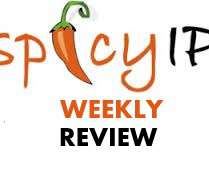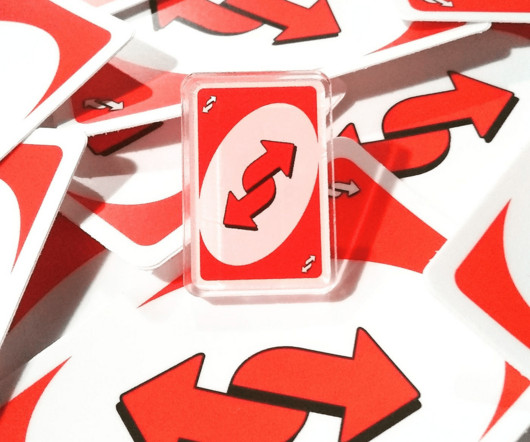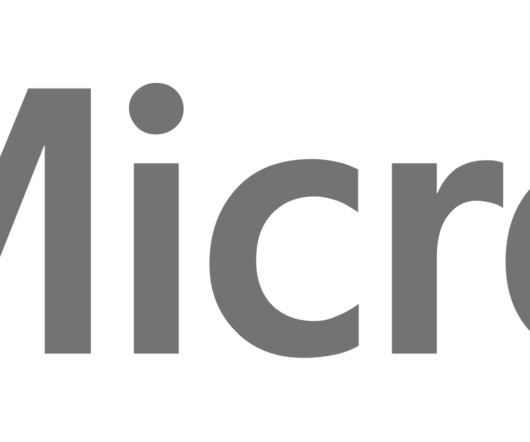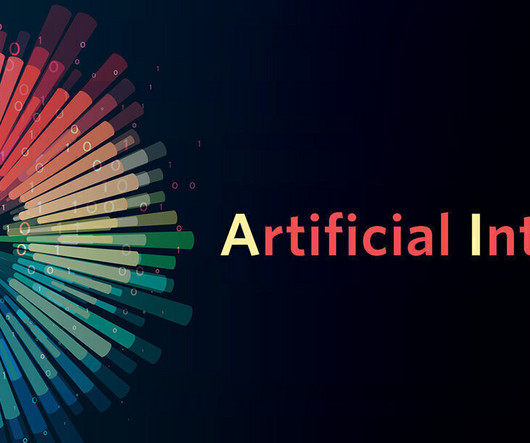Computer-Generated Electronic Images & The Article of Manufacture Requirement: The USPTO Declines to Extend Subject Matter Eligibility to “Disembodied” Designs
LexBlog IP
DECEMBER 18, 2023
In response to public comments submitted in response to its request thereof regarding the “article of manufacture” requirement for design patent eligibility appearing in Title 35, United States Code, Section 171 , and as explained in our previous post , the U.S. a)(I) ] but provides important clarifications.”












Let's personalize your content